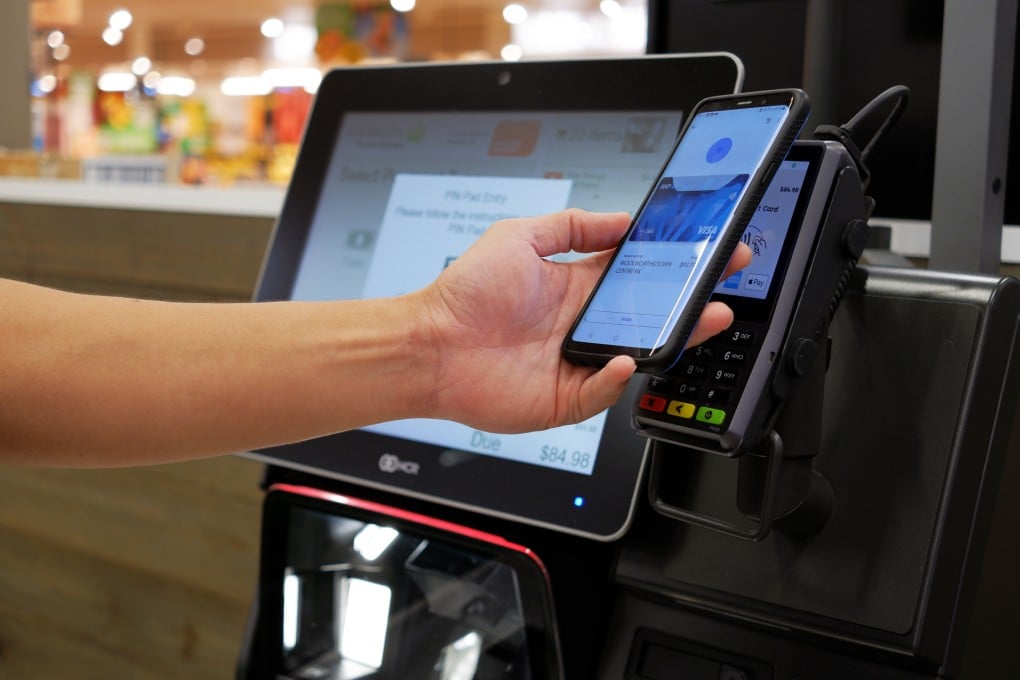How can Hong Kong’s virtual banks stay competitive in a crowded, tightly regulated sector?
Since the Hong Kong Monetary Authority awarded its first licences in 2019, the sector has grown to include 8 virtual banks – but making money has not been easy

Intending to bring Hong Kong into “a new era of smart banking”, the Hong Kong Monetary Authority awarded its first licences for virtual banks in 2019 to much fanfare, with some institutions offering deposit rates as high as 6.8 per cent to new joiners. However, despite attractive interest rates, it took a global pandemic to bring the institutions to prominence. With many of the city’s physical bank branches closed due to Covid-19, it appeared as though the time had come for the new digital-only concept.
Though the hype has settled, the city’s eight virtual banks have since expanded their offerings beyond basic banking services, integrating advanced technologies. Between them, they now offer more digital assets like cryptocurrency funds, tokenisation, stock trading and investment services for a better customer experience. Easy-to-use apps with fantastic user experiences, as well as great fees for retail and small business owners have been central to their staying power in Hong Kong’s crowded banking sector.
Continuous innovation has been key. In August, Mox Bank was also the first virtual bank in the city to offer crypto ETFs – a fund which Mox users can buy into that generates revenue by investing in a balanced portfolio of cryptocurrency. Elsewhere, the HKMA has looked to ZA Bank to drive its project to develop a central bank digital currency or a form of “stablecoin” that takes the digital nature of cryptocurrency and applies it to government-issued notes.

The digital nature of virtual banks enables them to be sandboxes for other digital-first financial initiatives. In May, Standard Chartered, Mox Bank, Mastercard and Libeara announced a partnership to develop a proof-of-concept system exploring risk and operational procedures in settling transactions using digital tokens.
Despite their impressive technological developments and innovative potential, Hong Kong’s virtual banks face obstacles to further growth and development. Michael Leung, CEO of the Bank of Asia (BOA) International Financial Group, says that pressure is mounting for some of them to become profitable soon.
“Ping An OneConnect Bank [PAOB] is doing well because they focus almost entirely on [small- and medium-sized enterprises] now,” Leung commented. (Ping An OneConnect Bank (Hong Kong) Limited was officially renamed PAO Bank Limited (“PAObank”) in May.) “PAOB is perhaps the only one out of the eight that is almost entirely focused on commercial lending for SMEs … [and] companies that have simple balance sheets and financial statements can apply for loans online through PAOB’s app.”
In a report, independent strategy consulting firm Quinlan & Associates estimated that Hong Kong’s virtual banks lost an average of US$148 million per year from 2020 to 2022. Things are starting to look up, as ZA Bank became Hong Kong’s first virtual bank to record a profitable month in August, but there are still various challenges to overcome.
